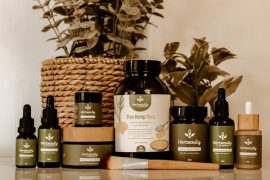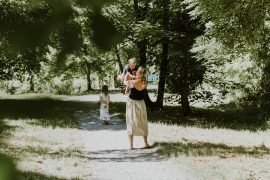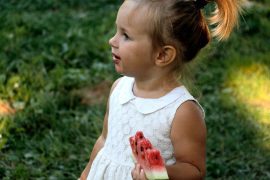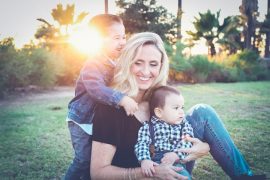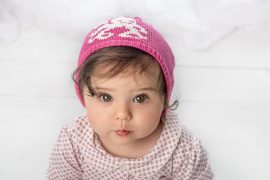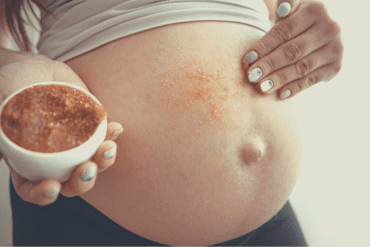4. Health Essentials to Keep your Baby Safe and Well
Your little one’s health is always a top priority. Having the right tools can give you peace of mind.
Infant First Aid Course: Empowering Yourself with Life-Saving Skills
- Taking an infant first aid course is one of the most important steps you can take to keep your baby safe.
- Learning how to perform CPR, handle choking, and manage serious injuries and sickness will help you feel more confident and prepared for emergencies.
- Baby and child first aid courses are typically only a few hours but they can make a massive difference when it matters most.
Baby Thermometer and Nasal Aspirator
- Digital Underarm Thermometer: Keeping track of your baby’s temperature is vital, especially for babies under 3 months. A fever can only be the only sign of a serious illness in young babies. An underarm thermometer is most accurate for babies under 6 months.
- Nasal Aspirator and saline: If your baby has a blocked nose it’s important to keep it clear to help them feed.
Bath Thermometer
- Babies have very sensitive skin that can burn easily so you want their bath to be warm but not too hot.
- Aim to keep their bath at 37-38 degrees.
Humidifier
- Humidifiers can help keep stuffy noses clear by keeping the room moist.
- A cool mist vaporiser is better than a steam humidifier as there is not risk of burns.
- It’s best not to add essential oils to humidifiers or diffusers for young babies as this can be irritating for their lungs.
What about sleep devices?
- Devices like the owlet or at home apnoea alarms are often sold as ‘assurance monitors’ and not medical devices as there is limited evidence they reduce the risk of SIDS.
- There is no issue if you do want to purchase one but remember it doesn’t replace a safe sleeping environment. Also make sure you know what to if they do have an emergency and need help.
5. Baby Gear for Getting Out and About Safely
When you’re heading out with your baby, having the right gear keeps your baby safe and helps you and your baby feel comfortable.
Baby Carrier
- There are several types of carriers on the market. A soft wrap style can be best for those early days with a more structured carrier most comfortable when your baby is a few months old – although many can be used right from birth.
- Always follow the TICKS rules of baby wearing. This keeps your baby safe in their carrier, preventing accidental suffocation.
Pram
- Not an essential for every family but when paired with a pram bassinet, it can be an alternative safe sleep space for baby when out and about or in the home.
- If your pram has a capsule attachment, it’s best to limit their total time in the capsule to 45-60 minutes in the first 6 weeks.
- When using a main pram seat from newborn, check it’s one that lies flat or has a newborn insert for the seat.
We know preparing for your newborn may feel overwhelming, but focusing on the essentials first can be a good place to start.
Don’t forget to take a first first aid course to empower yourself with the knowledge and skills you need to handle emergencies and serious sickness.
You’ve got this! With the right stuff and a bit of know-how, you’ll feel ready and confident to welcome your little one into the world.
Charlotte Young is a paediatric nurse, co-founder of & Breathe First Aid and mum of two. Check out their free learning on Instagram @andbreathefirstaid.

